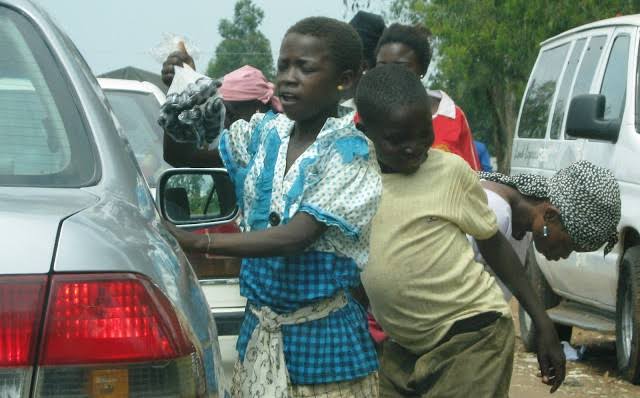By Oluwayanmife Ayobami
Despite the progress made in child labour laws and enforcement, the unfortunate reality is that many children around the country are still forced to work, often as housemaids or as apprentices in a workshop.
This issue has serious consequences for these young individuals’ health, education, and overall well-being.
I started the housemaid job when I was 12 years old
IkejaBird was privileged to interview, Miss Precious a former housemaid, who is currently a Tailor.
She explained that she started working with the family at 12 years when her mum died. One of her mum’s friends took her to the house. She lived with the family, and was the one to do all the house chores in the house. At first she saw the family as her own family until she was 16, when she realized that they had been paying her mother’s friend 15 thousand naira every month.
“My madam will beat me and even slap me if I do mistake. They did not even give me chance to go school. But when I get small money from this my business I will go and complete school.”
She also explained that her mother’s friend was actually keeping the money for her and that was what she used to learn tailoring and start her own business.
I thought I was helping the family by giving their child a job
We also interviewed Mrs Dimeji, a mother of 3 boys and currently has a maid of just 15 years. She claimed that she is unaware of the legal and ethical issues surrounding the employment of minors.
“I know it’s not technically allowed, but I thought I was helping the family by giving their child a job. They were struggling, and I felt like I was doing a good deed.”
Children are not meant to be workers
A prominent child rights activist Dr Mrs Ajibola, who has been advocating for the elimination of child labor for decades, emphasized the grave consequences of this practice.
“Children are not meant to be workers – they are meant to be students, to play, to grow and develop in a safe and nurturing environment. When we allow children to be exploited in this way, we are robbing them of their childhood and their future. It is a fundamental violation of their human rights.”
Nigerian Law on Child Labor
In Nigeria, the Child’s Rights Act of 2003 prohibits the employment of children in any capacity, except for light work in agriculture, domestic work, or in family enterprises. The Act defines a child as anyone under the age of 18 and stipulates that children must be protected from economic exploitation and any work that is likely to be hazardous to interfere with the child’s education, or to be harmful to the child’s health or physical, mental, spiritual, moral, or social development.
The Act also outlines penalties for those who violate the law. Individuals found guilty of employing children face up to 5 years in prison or a fine of up to 50,000 naira. Repeat offenders may face even harsher punishments.
Despite these legal protections, the issue of child labour remains a significant problem in Nigeria, particularly in the informal sector and in rural areas. Enforcement of the law has been challenging, and many families continue to rely on child labour due to poverty and lack of access to social support systems.








